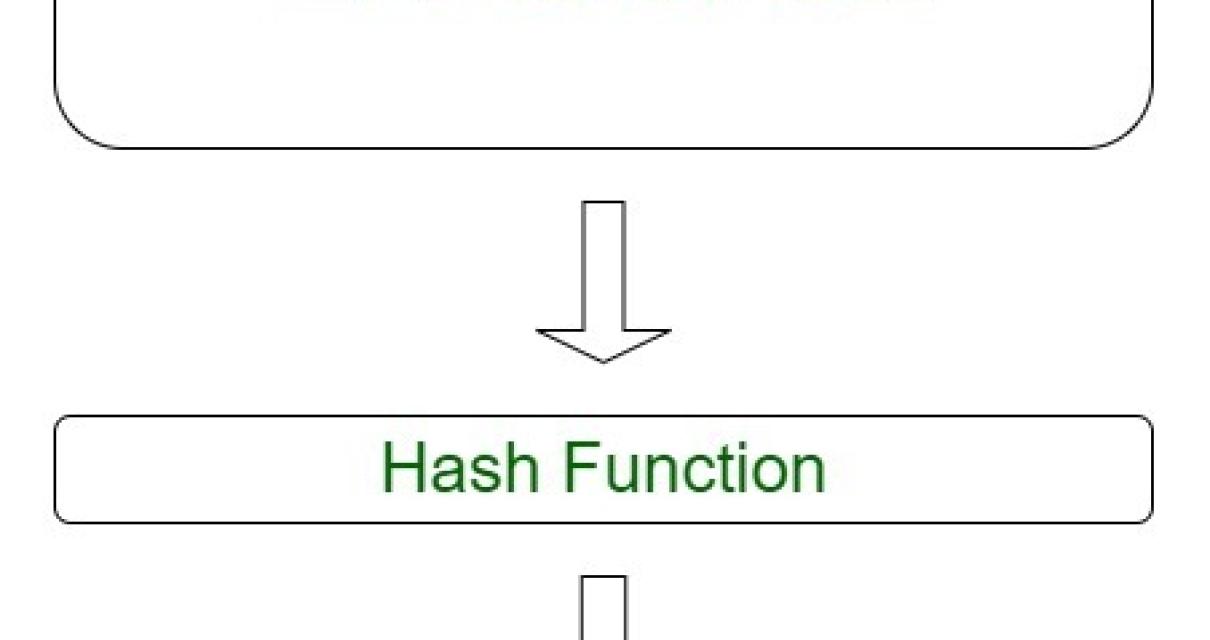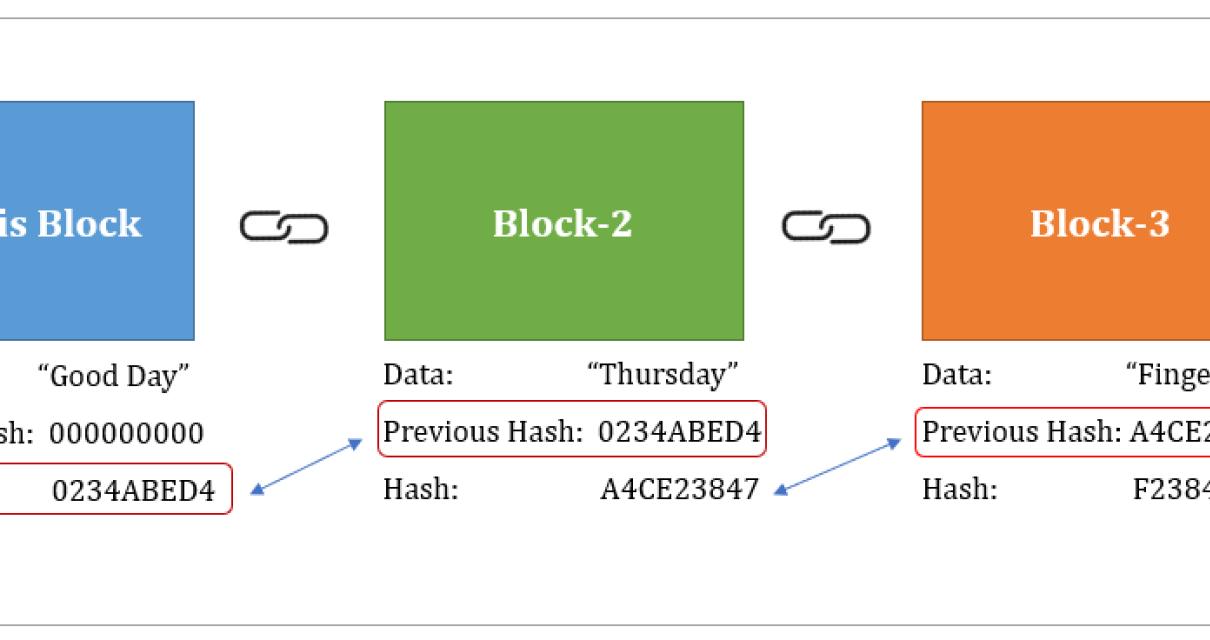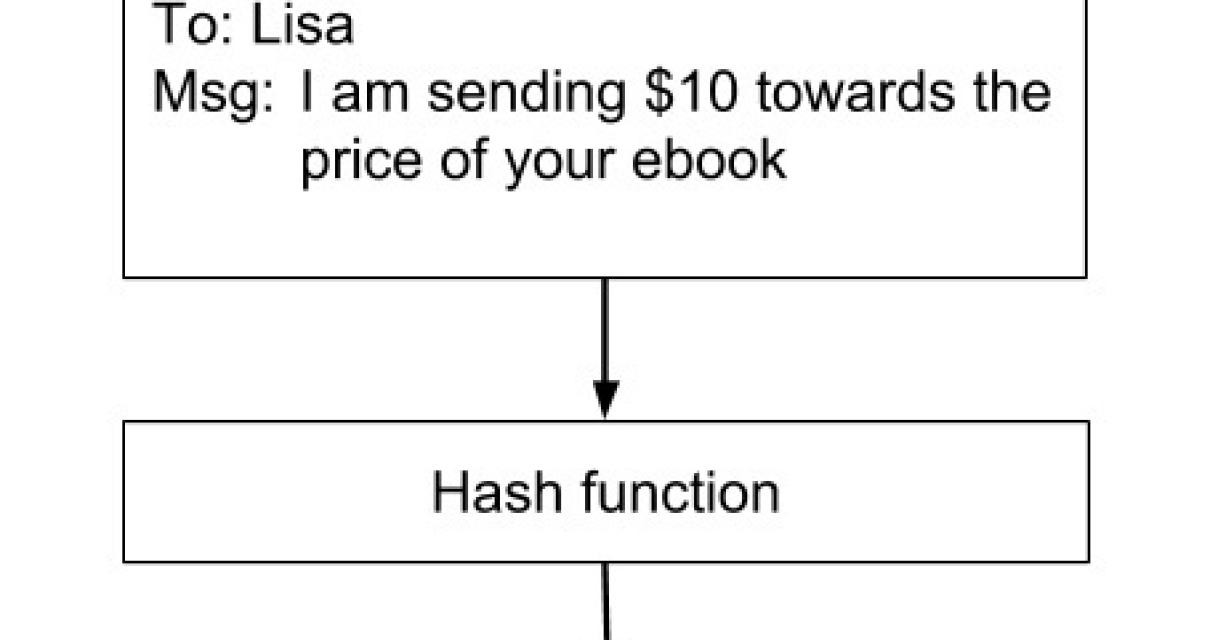What is a hash?
A hash is a mathematical algorithm that creates a unique identifier for a piece of data. It's used in databases and other storage systems to speed up searches and to keep track of changes to data.
How do hashes work in blockchains?
A hash is a unique digital fingerprint of a block of data. When a miner creates a block, they must append a hash of the previous block to the new block. This creates a chain of blocks, with each block having a unique hash.
Since hashes are unique, it is possible to verify the authenticity of a block by comparing its hash to the hashes of all other blocks on the blockchain. If two blocks have different hashes, then the block that was added last must have been altered in some way.

What are the benefits of using a hash in a blockchain?
A hash is like a fingerprint for a block of data. It is unique to that block, and can be used to verify that the data is legitimate. This is important because anyone can create a fake block of data, and try to convince the network that it is legitimate. If someone can generate a valid hash for a fake block, they can fool the network into thinking that the block is legitimate.
Using a hash in a blockchain ensures that only legitimate blocks are accepted by the network. This protects the integrity of the blockchain, and ensures that users can trust the data in the blockchain.
How can hashes be used to secure data in a blockchain?
A hash function is a mathematical function that takes an input of any length and produces a fixed-length output. A hash is a representation of data that is unique to that data. When a block of data is stored in a blockchain, it is hashed using a specific hashing algorithm. The hash of the data is then used to secure the data in the blockchain.
What are some of the challenges associated with using hashes in blockchains?
One challenge with hashes is that they are irreversible. This means that once a hash has been generated, it is impossible to change without altering the underlying data. This can be a problem if someone wants to tamper with a blockchain in order to change the data or if someone wants to track the movement of data within a blockchain. Additionally, hashes can be difficult to generate and verify. This can make it difficult to ensure that a blockchain is secure and tamper-proof.

How do different types of hashes work in blockchains?
Hash functions are used to create a unique identifier for a block of data in a blockchain. A hash function is a mathematical algorithm that takes an input and produces a fixed-length output. The hash function used in a blockchain is designed to be difficult to predict and/or reverse. This makes it difficult for anyone to tamper with the data in a block, since any changes to the data would need to be reflected in the corresponding hash value.
What are the implications of using a hash in a blockchain?
The implications of using a hash in a blockchain are that the data is hashed before being stored in the blockchain, meaning that if someone were to try and tamper with the data, they would need to tamper with the hash as well.
How does a hash function work in a blockchain?
A hash function is a mathematical algorithm that takes an input of data and produces a unique output. A hash function is used in a blockchain to create a unique identifier for each block. The hash function is used to create a unique identifier for a block, which is then used to identify the block in the blockchain.

What is the impact of using a hash in a blockchain?
A hash is a type of digital fingerprint that is unique to every piece of data stored in a blockchain. It is used to verify the data integrity and to identify the source of the data. This makes it possible to track the movement of data within a blockchain and to ensure that it is not tampered with.
Are there any risks associated with using hashes in blockchains?
There are no specific risks associated with hashes in blockchains, but like any other technology, there is always the potential for vulnerabilities.
What are the benefits and drawbacks of using hashes in blockchains?
The benefits of using hashes in blockchains include:
1. Security: hashes provide an added layer of security to blockchains, as they are difficult to tamper with.
2. Speed: hashes are fast and efficient, meaning they can be processed quickly and transmitted across the network.
3. Privacy: hashes do not reveal the identities of individuals or transactions, meaning they can be used to protect privacy.
4. Scalability: hashes can be scaled up easily, allowing for larger blockchains to be created.
5. Trust: hashes can be trusted to be accurate, meaning they can be used to verify the accuracy of data stored in a blockchain.
How do hashes fit into the overall structure of a blockchain?
A blockchain is a distributed database that maintains a continuously growing list of records called blocks. Each block contains a cryptographic hash of the previous block, a timestamp, and transaction data. This allows nodes to agree on the order of events and eliminates the need for a central authority.